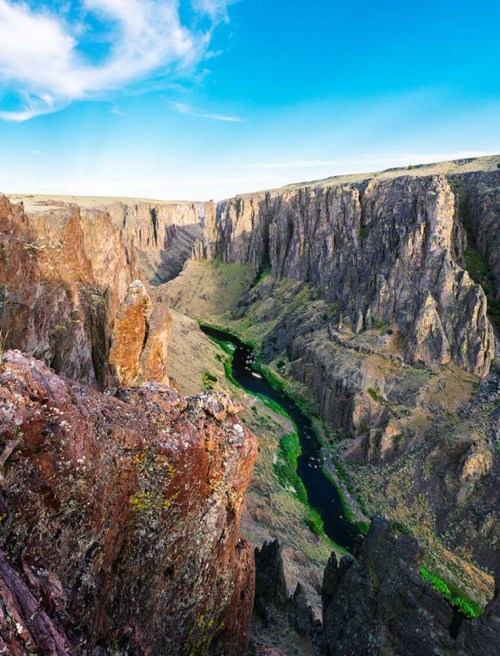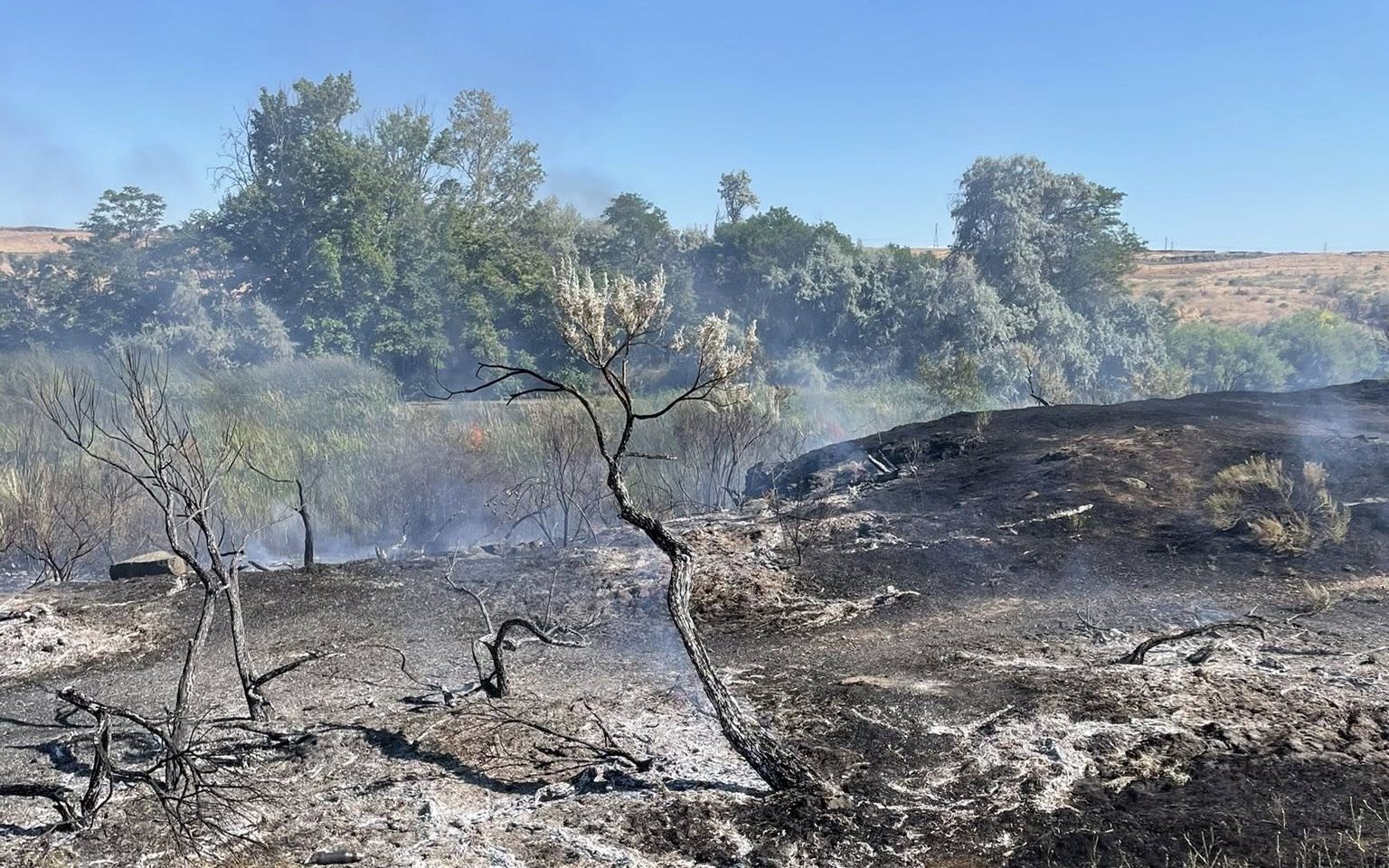Reintroduced Owyhee wilderness bill includes new features
Published 2:21 pm Saturday, June 17, 2023
A bill that would protect about 1.1 million acres of the Owyhee Canyonlands in Oregon as wilderness while preserving grazing and encouraging local decisions has been reintroduced in the U.S. Senate.
Senate Bill 1890 was introduced June 8 by Sens. Ron Wyden and Jeff Merkley, both D-Ore., and referred to the Senate Committee on Energy and Natural Resources.
Compared to versions introduced in 2019 and last fall, it has added flexibility for ranchers and a bigger role for a multi-stakeholder group.
“All of these improvements based on community input strengthen the bill’s economic benefits and protection of traditional eastern Oregon livelihoods as well as the legislation’s prospects for passage,” Hank Stern, Wyden’s Oregon press secretary, told Capital Press. A committee hearing could be held next month.
The Owyhee Basin Stewardship Council, formed in 2016 to work on an alternative to designating a national monument, includes ranchers, local business people and hunting groups. The Malheur County Community Empowerment for the Owyhee stakeholder group, which Wyden brought together, includes the coalition, environmental interests and others.
In the new bill, the stakeholder group would be independently authorized and could be funded to do projects in cooperation with landowners and federal agencies, Stern said.
“This framework has proven successful in Oregon with the long-established Deschutes River Conservancy.”
“There is a lot of benefits for Malheur County ranchers and business people” in the bill, said Mark Dunn, who represents the Stewardship Coalition in Washington, D.C. Though the coalition didn’t get everything it wanted, “there are substantial benefits to land health and grazing long term.”
The Malheur County CEO group in previous bills was advisory to the U.S. Bureau of Land Management. In the new version, it would advise BLM and have “resources and the authority to do on-the-ground projects,” Dunn said. The U.S. Interior secretary would be required to consult with the group on an ongoing basis.
The group’s funding will enable it to kickstart bigger projects than some other groups could afford on their own, and the BLM already has advisory committees, said Ryan Houston, executive director of the Oregon Natural Desert Association.
The new bill would allow grazing permit holders to deviate by two weeks from stated dates in moving animals onto and taking them off rangeland. Ranchers would have added flexibility to adapt to conditions and adjust, just by notifying BLM.
At permit renewal, the holder would be able to continue to operate as he or she has historically, or build in additional flexibility by going through a public process under the National Environmental Policy Act, Dunn said.
“For example, if your permit now says you can graze from June 1 to Sept. 1 and an invasive species comes in, you could be allowed to go in in September or October and use the cattle to graze and get rid of that invasive species when they will actually eat it,” he said.
Some land that earlier versions of the bill designated as wilderness are transferred into trust for the Burns Paiute Tribe in the new bill, said Tim Davis, Friends of the Owyhee executive director. Other new elements include a study of big-game migration, and coordinating bighorn sheep management among Oregon, Idaho and Nevada.
Like past versions, it calls for loop roads to encourage tourism and spur local development geared to tourism, and improvements to state parks and other amenities.







